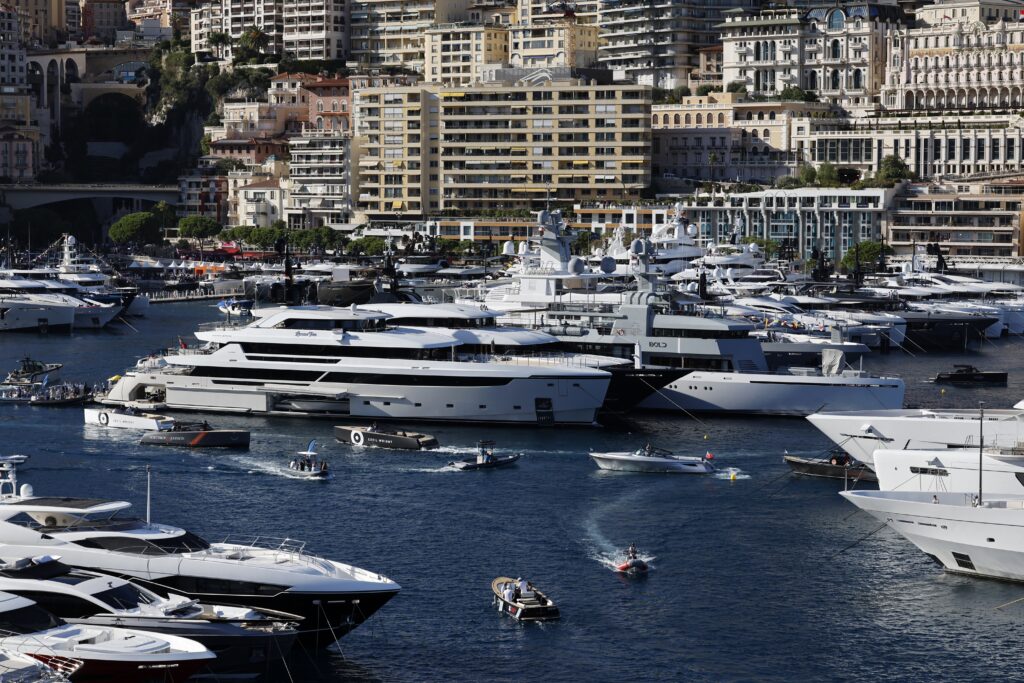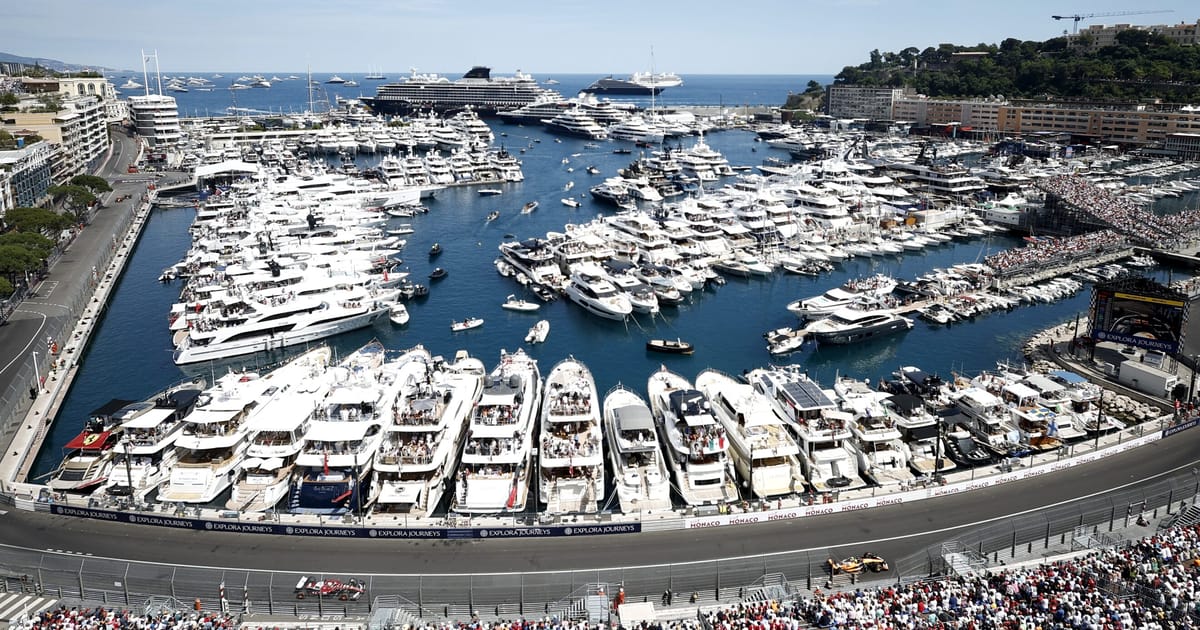The issue is highly politically sensitive. Last year the Parliament, which like the Council can raise objections to the list, rejected a first attempt to remove the UAE and pushed back against the same proposal pitched behind closed doors by Financial Services Commissioner Maria Luís Albuquerque this past January.
Lawmakers also pressured the EU executive to include Russia on the list, with the global FATF watchdog having failed to blacklist Moscow last year due to opposition from the BRICS alliance, which numbers Russia among its members. Last week Czech European People’s Party lawmaker Luděk Niedermayer urged the Commission to “seriously consider” blacklisting Russia in internal exchanges seen by POLITICO.
The EU executive generally aligns itself with FATF, founded in 1989 by the G7, which is why it also included Monaco on the list of countries that have deficiencies in combating money laundering but have also committed to overcoming them.
 The EU executive generally aligns itself with FATF, founded in 1989 by the G7, which is why it also included Monaco on the list of countries that have deficiencies in combating money laundering but have also committed to overcoming them. | Sebastien Nogier/EFE via EPA
The EU executive generally aligns itself with FATF, founded in 1989 by the G7, which is why it also included Monaco on the list of countries that have deficiencies in combating money laundering but have also committed to overcoming them. | Sebastien Nogier/EFE via EPA
According to the Global Magnitsky Justice Campaign, millions of euros in illegal funds linked to fraud by Russian oligarchs, as uncovered by Sergey Magnitsky, have been parked in Monaco. Despite reporting on the topic, no proper investigations have been launched.
But while Monaco is in, the UAE is out.
The EU is competing with the U.S. to do a trade deal with the country. Opposition to its removal softened a bit after it sent written commitments, seen by POLITICO, to strengthen judicial cooperation with the EU and Europol, and following a parliamentary mission to the UAE.
But some lawmakers say that’s not enough. German Greens MEP Rasmus Andresen, for example, believes “the UAE has made insufficient progress,” and said last week that a trade deal with the Emirates would allow “criminals to funnel illicit funds back into our financial system.”
Meanwhile, the Spanish center right is unhappy with Gibraltar’s removal .
Commissioner Albuquerque is expected to meet formally with lawmakers soon to discuss the matter after weeks of informal bilateral meetings to win their support, several officials said.
The countries added to the list were Algeria, Angola, Côte d’Ivoire, Kenya, Laos, Lebanon, Monaco, Namibia, Nepal and Venezuela. Those removed were Barbados, Gibraltar, Jamaica, Panama, the Philippines, Senegal, Uganda and the United Arab Emirates.
